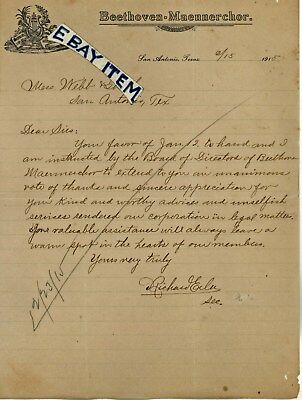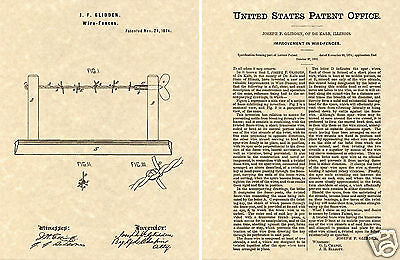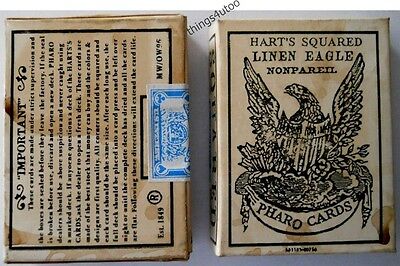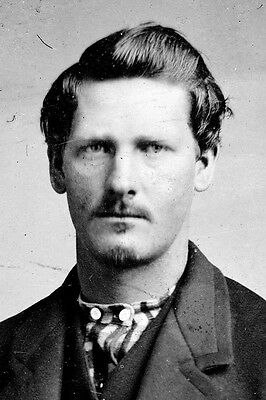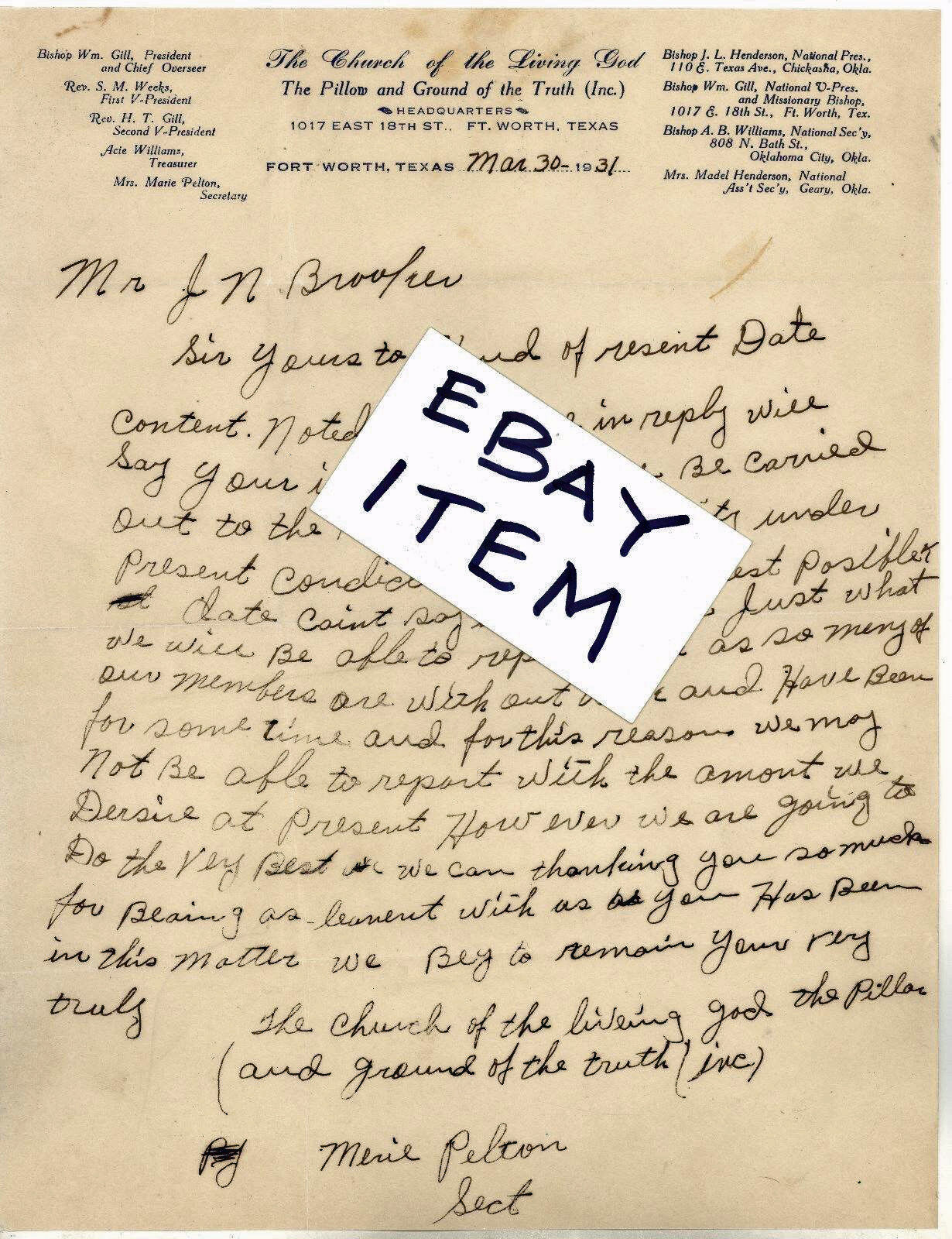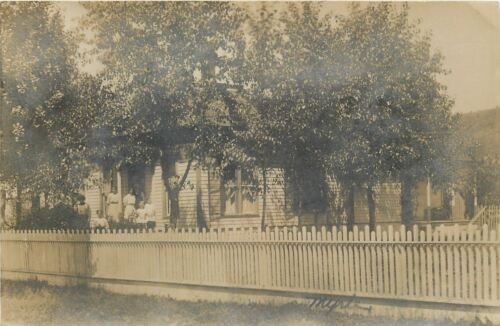-40%
1915 SAN ANTONIO TEXAS letterhead BEETHOVEN - MAENNERCHOR German singing society
$ 92.03
- Description
- Size Guide
Description
PLEASE READ BEFORE BUYING:I sell ONLY ORIGINAL items and NOT ANY reproductions.
This sale is
for
one
advertising
LETTERHEAD
from
the year
of
1915.
It is
from
the
secretary
(
hand written
and
si
g
ned
by
)
RiCHARD ECLER
?
or
ECLES
?
of
BEETH
O
VEN - MAENNERCH
O
R
in
$AN ANT
O
Ni
O
, TEXA
$
.
CONDITION:
It has normal letter folds, tiny flaws and is in good condition. The little "EBAY ITEM" thing is just a loose piece of paper that is not attached to the letterhead. This item is sold AS IS.
HiST
O
RICAL N
O
TE
$
:
BEETHOVEN MÄNNERCHOR
. The Beethoven Männerchor is a San Antonio German men's chorus. The heaviest influx of Germans to Texas, fleeing political and economic problems in their homeland, began arriving in 1845. They brought with them their love of music,
gemütlichkeit
(fellowship) and
das deutsche Lied
(German song).
The Beethoven Männerchor was formed as an offshoot of the San Antonio Maennergesang-Verein, which was founded by Simon Menger in July 1847. Menger was the musical director until March 1853, when Adolph Douai, publisher of the San Antonio
Zeitung
, took over. W. C. A. Thielepape was elected president on October 16, 1854. With the approach of the Civil War and the demands it brought on the members of the Maennergesang-Verein, the group ceased its activity until about 1865. The members re-formed on February 24, 1867, and chose the name Beethoven Männerchor following an
Abend Unterhaltung
(evening of entertainment) held at the old San Antonio Casino Hall.
The poet and musician Sidney Lanier visited San Antonio in 1873 and was invited to attend a Männerchor practice by his friend Andreas Schiedemantel (then Beethoven president), on January 29. He subsequently wrote in a letter:
Last night at 8 o'clock came Mr. Schiedemantel, a genuine lover of music and a fine pianist, to take me to the Maennerchor, which meets every Wednesday night for practice….Presently seventeen Germans were seated at the singing table. Great pipes were all afire. The leader, Herr Thielepape, an old man with a white beard and mustache, formerly mayor of the city, rapped his tuning fork vigorously, gave the chords by arpeggios of his voice (a wonderful high tenor …) and off they all swung into such a noble, noble old full-voice
lied
[song] that imperious tears rushed to my eyes.
As the German population grew in prominence in San Antonio before 1900, so did German music. The Beethoven had been meeting in several different locations until 1894, when it built its own concert and club hall on South Alamo Street. Architect Albert Beckmann designed the building, which was formally dedicated on October 12, 1895. This building burned down on October 31, 1913, and a new hall was designed by prominent San Antonio architect Leo M. J. Dielmann with Jacob Wagner supervising the construction. Beethoven Hall served as the Männerchor's concert hall for many years. Several prominent musicians and ensembles have performed at this hall: Sarah Bernhardt, John Phillip Sousa, and the Chicago Symphony under Arthur Claassen, who in response to his well-received performance moved to San Antonio to serve for a time as the Männerchor Director. In the 2000s the hall, no longer directly affiliated with the Männerchor, was home to The Magik Theatre.
In 1932 women from the Mozart Society organized by Arthur Claassen formed the Beethoven Damenchor (ladies choir); in 1943 the Beethoven Concert Band was formed, and in 1977 the Beethoven Kinderchor (childrens' choir). After World War I the Beethoven sold its concert hall and in July 1920 purchased the new location at 422 Pereida Street in the historic King William District area, where it still holds rehearsals and concerts. Over the last 140 years, the Männerchor has had several notable musical directors: Carl Beck (popular director of the 1880s and 1890s), Carl Hahn, Alfred Schaefer (depression years and World War II), and Otto Wick (renowned New York conductor and composer in the 1950s.)
In more recent years the Beethoven Männerchor and Damenchor have hosted visiting choirs from the Republic of Germany visiting Texas on nationwide concert tours. The Beethoven participates each year in the Staats-Saengerfest (State Singing Festival), which brings together German choirs from throughout Texas. The singing festivals are hosted by a different city each year, as they have been since the first Saengerfest on October 15, 1853, in New Braunfels. A variety of other performances are open to the public throughout the year. The Beethoven Männerchor has banded together with these societies to form two separate statewide organizations: the Texanischer Gebirgs Saengerbund (Texas Hill Country Singers League, founded in 1881), and the Deutsch Texanischer Saengerbund (German Texas Singers League, founded in 1854). The Beethoven also is a member of the Nord Amerikanischer Saengerbund (North American Singers Association). In 2011 the Beethoven Männerchor was located in the Beethoven Halle und Garten in the King William District in downtown San Antonio and had purchased the historic Kuest Haus next door in the effort to put together a museum. The chorus experienced a new infusion of membership with the arrival of German immigrants in the early twenty-first century and by 2015 had 600 members.
In 1948 president Guido Ransleben explained the group's philosophy:
The expression of one's innermost feelings through song is the direct expression of the joy of living, and the happiness one experiences through freedom. Freedom from toils and cares of everyday life, freedom from illness or despair, freedom from the oppression of tyrannous rulers, freedom from oneself. This freedom is best expressed in an outburst of song which comes to a neighborly understanding when several voices are combined in harmonious unison, an understanding which the human soul alone appreciates and loves. It propagates a happier more joyful well-being, a more congenial view of life. It conquers the dark retiring character of Puritanism and sows the seeds of harmony and understanding between people of all nations, races or creeds in the only universal language, the language of music.
ADDiTi
O
NAL
N
O
TE
$
The Beethoven Maennerchor’s purpose is to preserve German song, music, and language. It is the one of the oldest German singing societies in Texas. Located in beautiful downtown San Antonio, in the Historic King William District, the Beethoven Maennerchor has stood as a beacon of culture and heritage since its founding in February of 1867.
An influx of Germans had fled their homelands due to political and economic problems during that time, arriving in south Texas to start anew.According to the Texas State Historical Association, the Beethoven Maennerchor was formed as an offshoot of the San Antonio Maennergesang-Verein, which was founded 20 years before the Maennerchor came to be. Founder and musical director Simon Menger pumped life into his new club to preserve his heritage. In 1854, W.C.A. Thielepape was elected president, but with the approach of the Civil War, many of the members were called to service. Activity at the Maennergesang ceased.
In February 1867, the members re-formed and chose the name Beethoven Männerchor. In 1873, poet and musician Sidney Lanier visited and attended a choir practice with an invitation by friend and Beethoven president, Andreas Schiedemantel. In a letter, Lanier wrote: "Last night at 8 o'clock came Mr. Schiedemantel, a genuine lover of music and a fine pianist, to take me to the Maennerchor, which meets every Wednesday night for practice….Presently seventeen Germans were seated at the singing table. Great pipes were all afire. The leader, Herr Thielepape, an old man with a white beard and mustache, formerly mayor of the city, rapped his tuning fork vigorously, gave the chords by arpeggios of his voice (a wonderful high tenor …) and off they all swung into such a noble, noble old full-voice lied [song] that imperious tears rushed to my eyes."
Nearly 150 years later, many things remain the same. The Maennerchor meets at 8 o'clock to rehearse its songbook full of rotating music for any one of the dozens of performances throughout the year. Today, practice is held on Tuesday evenings. However, the same sentiment for friendship, music, and heritage that radiate from the club are the same as they were then. The main building features a large performance space, which is used for concerts as well as other activities. Adjacent to the house is the Garten, which is the site of our Gartenfests, first Fridays, Oktoberfest and Fiesta festivities. A neighboring building, the Kuest Haus, is currently being renovated for use as a museum.
Under the parent organization of this men’s chorus are the Damenchor, or women’s chorus, the Kinderchor, or children’s chorus, Germania Chor, mixed chorus, concert band, and dance band. In addition, the Beethoven hosts the German Folk Dancers, Volkstanz Verein. The organization is designated as a 501c(3).
The approximate size of the letterhead is
11" X 8 1/2".
If you have any questions, please contact me.
TERMS & CONDITIONS:
Immediate PayPal payment is required.
Free shipping to the continental U.S. only. When you receive your item, PLEASE leave feedback (I will see it) and I will reciprocate feedback at that time. Texas residents: For an un-delayed delivery, PLEASE include the 8.25% sales tax, OR furnish a photo copy of resale certificate, OR please sign the proper paperwork and send it with your payment.
PLEASE view my other Ebay store items for related ephemera, antique documents, and paper collectibles.
THANK YOU VERY MUCH and GOOD LUCK TO YOU.
